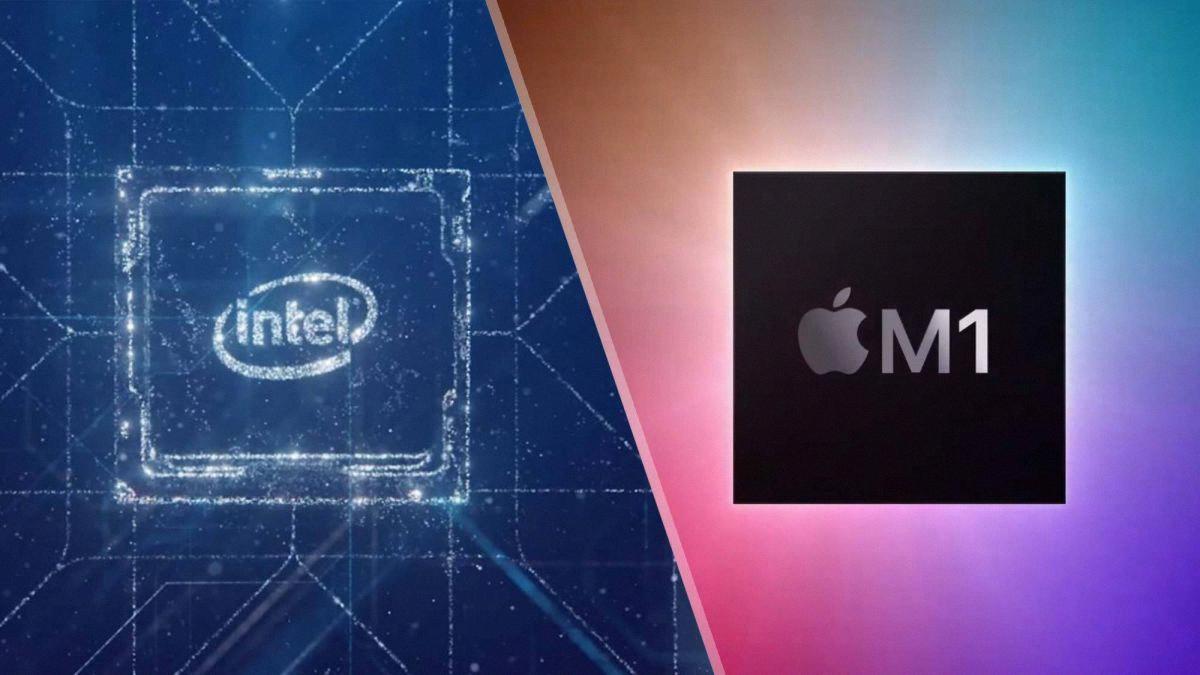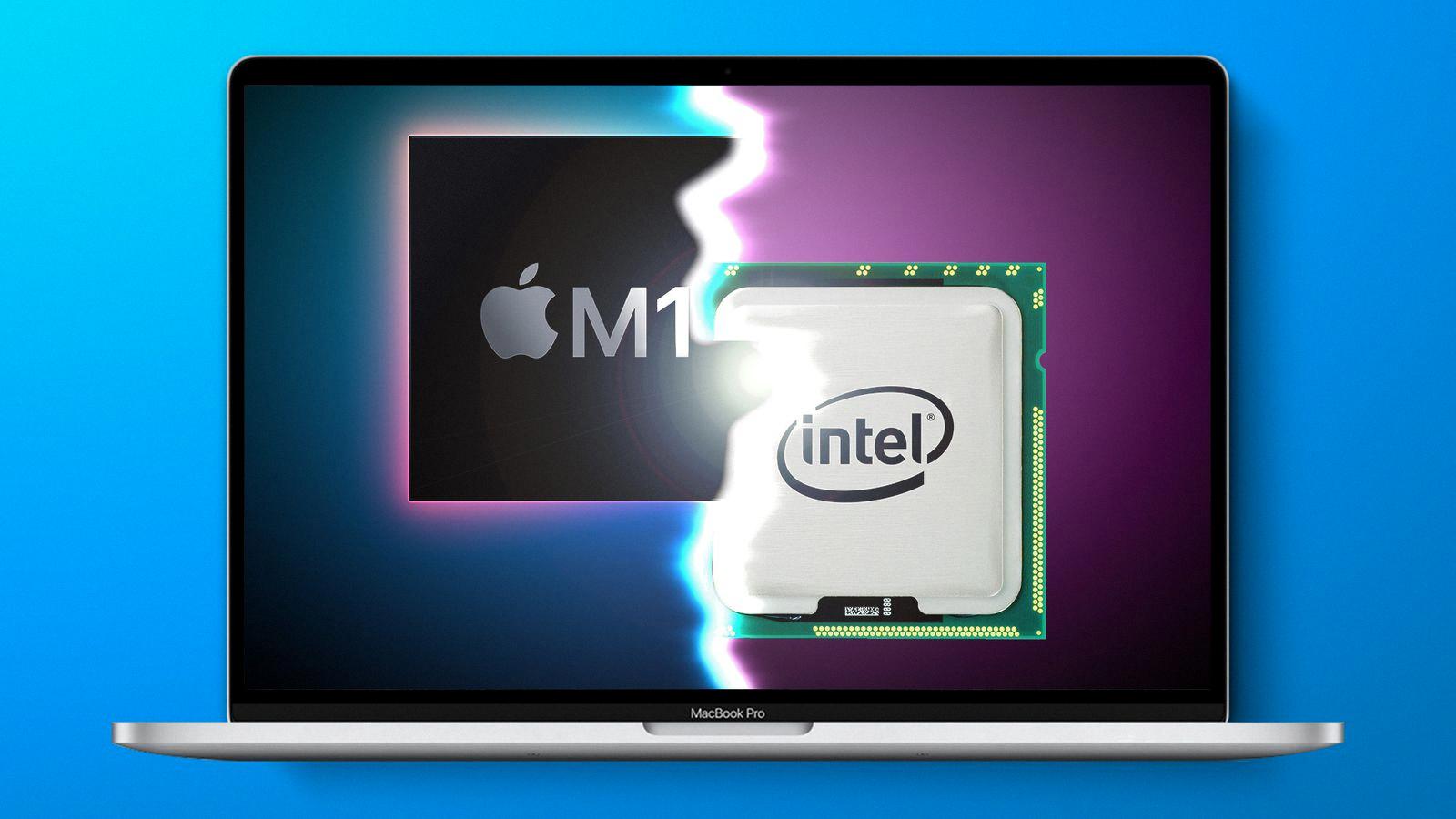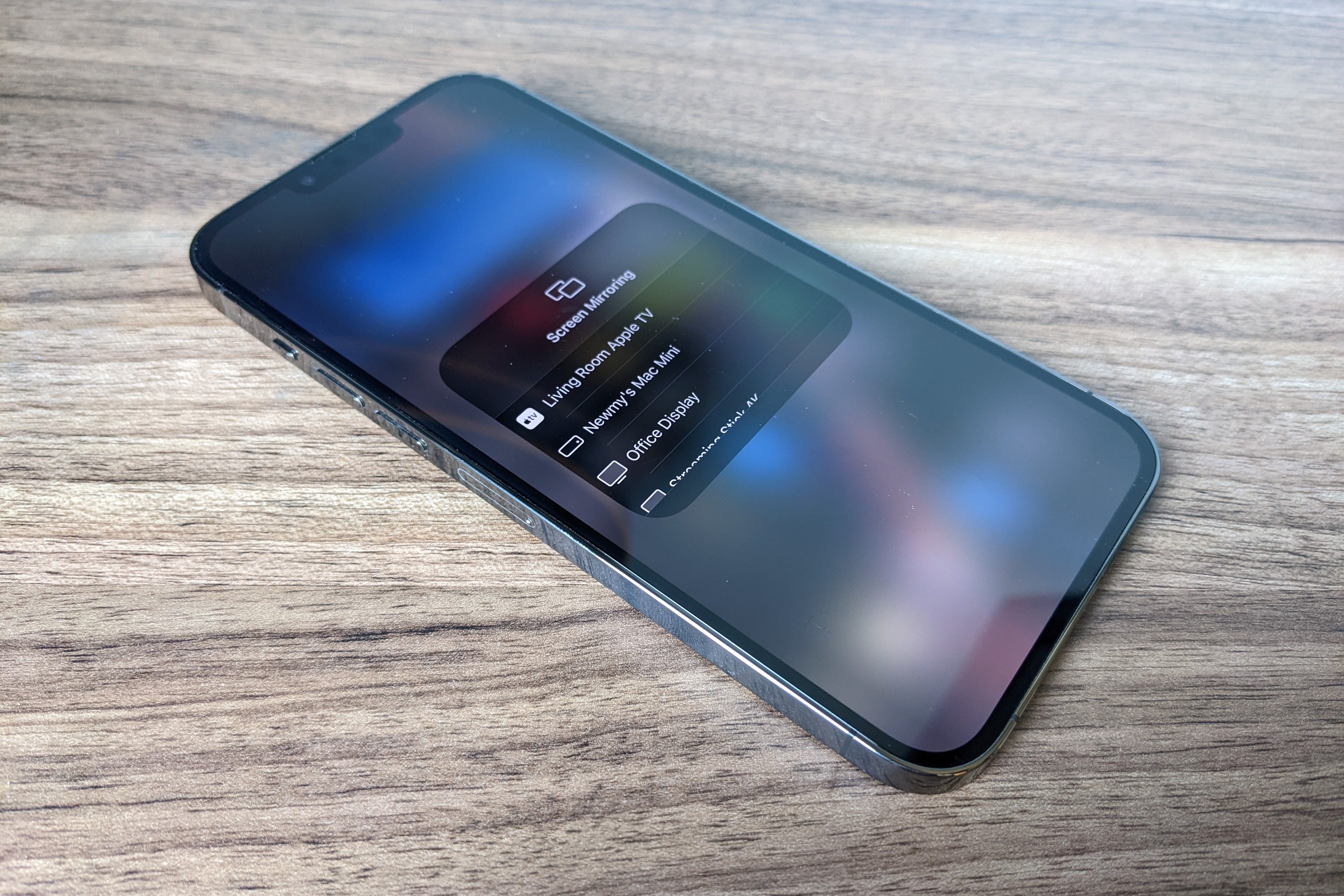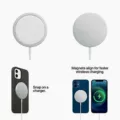The Apple M1 chip and Intel i3 processors are two of the most popular chips on the market. But which one is better for you? In this blog post, we’ll take a look at the differences between the two chips and help you decide which one is best for your needs.
When it comes to raw performance, the M1 chip outperforms the i3 in almost every task. Thanks to its powerful 8-core CPU, this chip can handle heavy tasks such as video editing, gaming, and more with ease. The M1 also has an impressive GPU that allows for smooth gaming at higher frame rates. On top of that, it’s incredibly energy efficient, allowing you to do more work without draining your battery too quickly.
The Intel i3 processor is no slouch either; it offers good performance at an affordable price point. It’s got a 4-core CPU and a decent GPU that can handle most tasks with ease. That said, it can’t quite match the raw power of the M1 chip when it comes to heavier tasks like video editing or gaming. Also, the i3 doesn’t offer as much energy efficiency as the M1 does; so if battery life is important to you then you might want to go with an M1 machine instead.
In terms of overall value for money, both chips offer great performance for their price points but if you need something more powerful for heavier tasks then the Apple M1 chip is probably your best bet.
So there you have it – a brief overview of what makes each chip unique and how they compare against each other in terms of performance and value for money. Ultimately though, only you can decide which one is right for your needs; so make sure to do your research before making a purchase!
Comparing M1 and i3 Processors
The M1 MacBook Air offers a significant upgrade in performance over the 2020 i3 MacBook Air. In terms of raw computing power, the M1’s eight-core processor and seven-core GPU are 3-5 times more powerful than the i3’s dual-core processor and Intel HD Graphics 617. The M1 also has a 16-core Neural Engine for machine learning tasks and supports up to 16GB of RAM, compared to the 8GB cap on the i3. Additionally, the M1 also has significantly better battery life – up to 18 hours of web browsing or 20 hours of video playback compared to 12 hours for the i3. With all these improvements, it is clear that the M1 is a much better choice for those looking for maximum performance from their laptop.

Source: laptopmag.com
Comparing the Performance of M1 and Intel Processors
The Apple M1 chip has proven to be a superior processor when compared to Intel’s I7 11th Gen. In benchmark tests, the M1 consistently outperforms the I7 11th Gen in both single and multi-core performance, with the majority of performance metrics showing higher numbers for the M1. The M1 has even shown to be competitive with Intel’s top-of-the-line Xeons, which are typically used in enterprise applications. Therefore, it is safe to say that the M1 is indeed better than Intel’s I7 11th Gen in terms of raw performance.
The Advantages of M1 Over Intel Processors
The Apple M1 chip is much faster than its Intel counterparts due to its use of unified memory architecture. This type of memory combines low latency and high throughput, allowing it to quickly access large chunks of data. In contrast, Intel processors require two different types of memory and the copying of data between them, which introduces additional delays in processing. Additionally, the M1 chip has more transistors per square millimeter than any previous-generation Apple processor, meaning it is able to process more instructions at once. The combination of these factors makes the M1 significantly faster than previous Intel-based Macs.

Source: macrumors.com
The Advantages of M1 Macs Over PCs
Yes, M1 Macs are generally better than PCs. The Apple M1 chip is up to 3x faster than most PC processors, and it uses much less power, meaning you can get more performance in a smaller package. On top of that, macOS is much more optimized than Windows, so you get a smoother and faster experience than on a PC. You also get access to the large library of apps available on the Mac App Store, including some exclusive titles that aren’t available on Windows. All these factors combine to make M1 Macs an overall better choice than PCs.
The Benefits of M1 Compared to Other Options
The M1 chip from Apple is a game-changer in terms of speed and efficiency. This is because it uses ARM architecture, which makes it much easier for the processor to “do more things at once.” ARM provides twice as many “find the next instruction” separators than current top-line x86 processors, making it easier to quickly find instructions and execute them faster. In addition, the M1 also has an integrated graphics processor, allowing it to handle graphics operations without needing an additional GPU. Furthermore, the M1 also has a unified memory architecture that allows all components of its system to access data faster by storing it in a single place instead of in separate locations. Finally, its advanced power management features provide longer battery life without sacrificing performance. All these factors combined make the M1 a powerful and efficient processor that can provide more performance with less power consumption compared to existing x86 processors.
Deciding Between M1 and Intel Macs
When deciding between an M1 MacBook Pro and an Intel MacBook Pro, it is important to consider your specific needs. If you need the most storage, ports, and memory, the Intel MacBook Pro is the best choice. It offers up to 32GB of RAM, 4TB of storage space, and 11 ports for connecting devices. On the other hand, if you prioritize speed and battery life, then an M1 MacBook Pro is a great choice. It features an 8-core processor with up to 8GB of RAM and up to 8TB of storage space. Additionally, its battery can last up to 20 hours on a single charge. Ultimately, it comes down to what features are most important for your individual needs.
The Benefits of Apple M1 Technology
The Apple M1 is so much better because it is a System on a Chip (SoC) that combines multiple components into one integrated circuit, resulting in an extremely powerful and efficient processor. The combination of specialized chips such as the Central Processing Unit (CPU), graphics processor, image signal processor, neural engine, secure enclave coprocessor, and more make the M1 much faster than previous generations of Apple processors. It also consumes less power, allowing for improved battery life in devices such as Macs and iPads. In addition, the M1 features advanced security features such as secure boot and memory encryption. All of these features together make the Apple M1 an incredibly powerful and efficient chip that provides impressive performance and security for its users.
Comparing the Performance of the MacBook Pro M1 and I5
The M1 MacBook Pro is an excellent choice for those who want the best performance, battery life, and microphone quality in a Mac notebook. It has Apple’s new M1 chip, which offers up to 3.5x faster CPU performance and up to 6x faster GPU performance than its predecessor. Compared to similar Intel i5 models, the M1 MacBook Pro provides greater overall performance and better battery life at a much lower cost. Its two Thunderbolt 3 ports also provide more connectivity options than other laptops with just one port. Overall, the M1 MacBook Pro is an impressive machine that offers a lot of value for the money.
Evaluating the Performance of the M1 Computer Chip
The M1 chip is a powerful chip that provides excellent performance for many applications, but it is not necessarily the best computer chip available. It depends on what kind of performance you need from your device and what other chips are available. If you are looking for basic productivity performance, the M1 chip is a great choice, but if you need more powerful performance, such as for gaming or video editing, then you may want to look at other chips like the M1 Pro, M1 Max, or M1 Ultra. Ultimately, the best computer chip for your needs will depend on your specific requirements and budget.
Conclusion
In conclusion, the Apple M1 chip is a powerful addition to the MacBook Air lineup, offering three to five times faster performance than the 2020 Intel i3 Air. It is great for heavy tasks such as exporting video, gaming, or editing multiple streams. However, Intel’s Core i7 processor outperforms it in machine learning/AI programs and gaming. The M1 chip does have some advantages over the i5 processor such as a higher Turbo Boost frequency and better energy efficiency. Ultimately, it is up to personal preference which processor one chooses as both processors offer benefits depending on the user’s needs and preferences.








